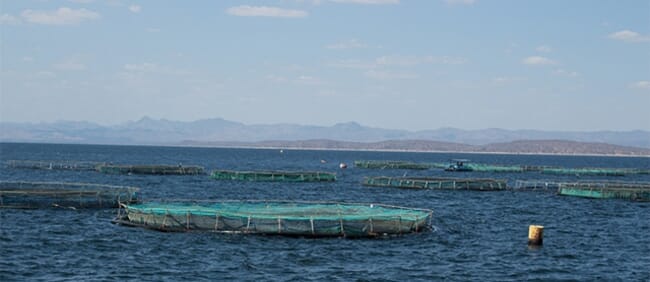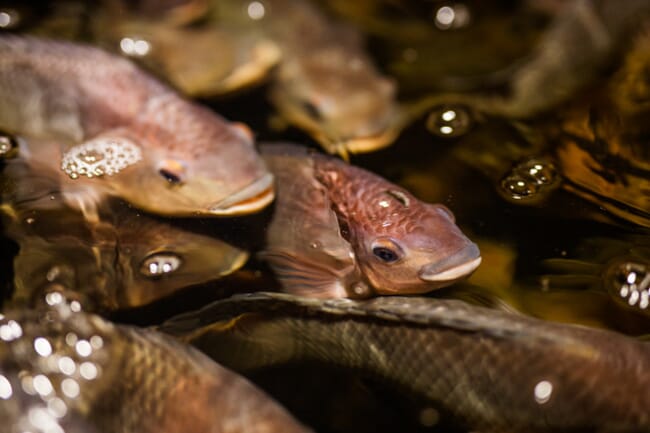
Zimbabwe could see an increase of tilapia production to 20,000 tonnes per year
The group discussed ways to help the southern African nation develop its tilapia sector and promote opportunities for women, youth and marginalised groups without adding pressure on the environment.
“Tilapia is key to our ambition to expand aquaculture production in Zimbabwe,” said Milton Makumbe, acting director of the Department of Fisheries and Aquatic Resources at a meeting organised by FISH4ACP, a global fish value chain development initiative of the Organisation of African, Caribbean and Pacific States (OACPS) implemented by FAO with funding from the European Union (EU) and the German Federal Ministry for Economic Cooperation and Development (BMZ).
“This plan is of great help to our efforts and will contribute to poverty reduction, improved food security and economic growth,” Makumbe added.
The strategy foresees an increase of tilapia production to 20,000 tonnes per year, combined with soaring benefits of small-scale tilapia farmers from less than $1.2 million to $60 million, “with no negative effects on bio-diversity and ecosystems or added pollution”. Moreover, the plan aims to ensure that 40 percent of the tilapia workforce is made up of women, youth and marginalised groups.
“FAO is happy to shoulder Zimbabwe’s efforts to expand aquaculture production,” said Constance Pepukai, FAO's head of programmes.
“FISH4ACP demonstrates how our mandate to transform aquatic food systems into drivers of employment, economic growth, social development and environmental recovery is becoming a reality,” she added.

These production gains can be achieved by sourcing better fingerlings and improving production inputs © Gardsfisk
According to Pepukai, production increases can be achieved with better inputs and fingerlings, the adaptation of good practices and support for the cold chain and marketing. She added that FISH4ACP is already looking at ways to reduce the cost of feed by seeking alternative ingredients, such as the black soldier fly. She also stressed the importance of strengthening regulatory frameworks and compliance for social improvements and environmental protection to happen.




